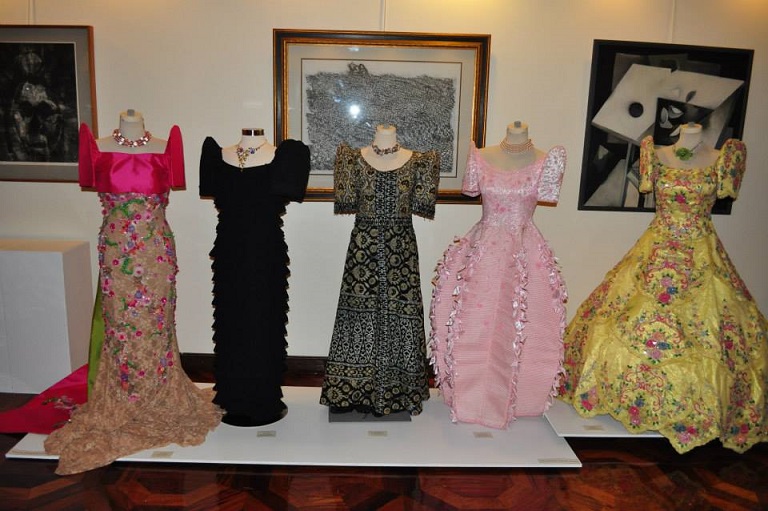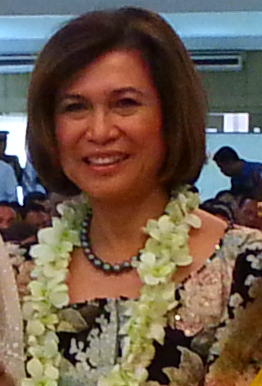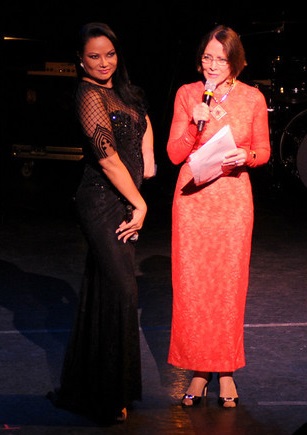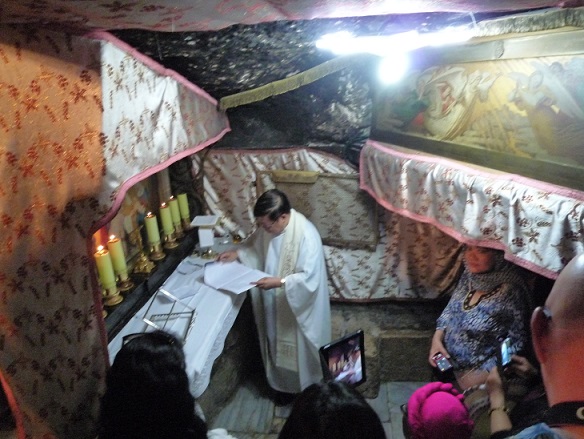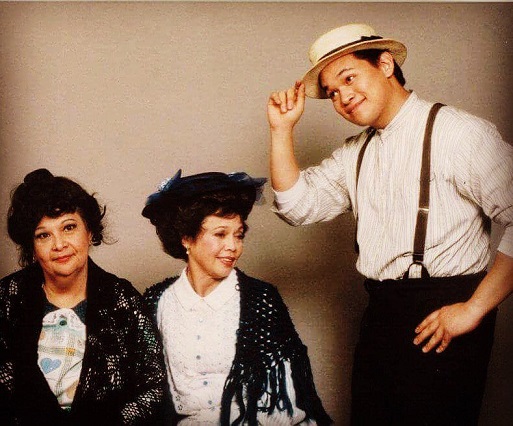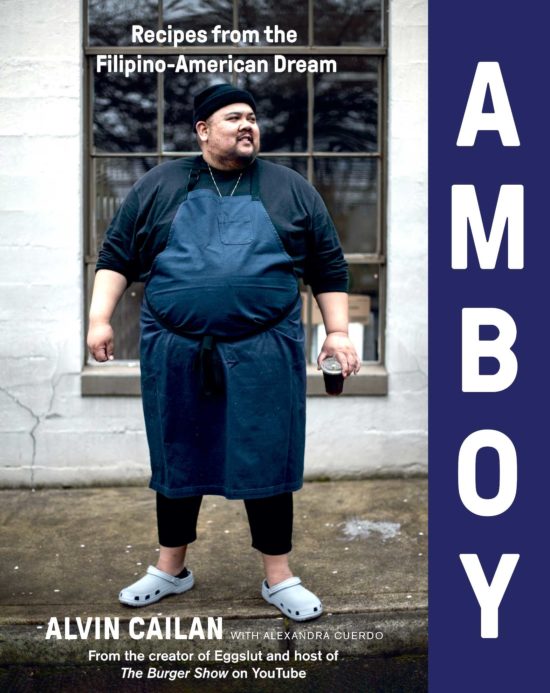‘Pagdadalaga ni Maximo Oliveros’ screens at NYU on Dec 9
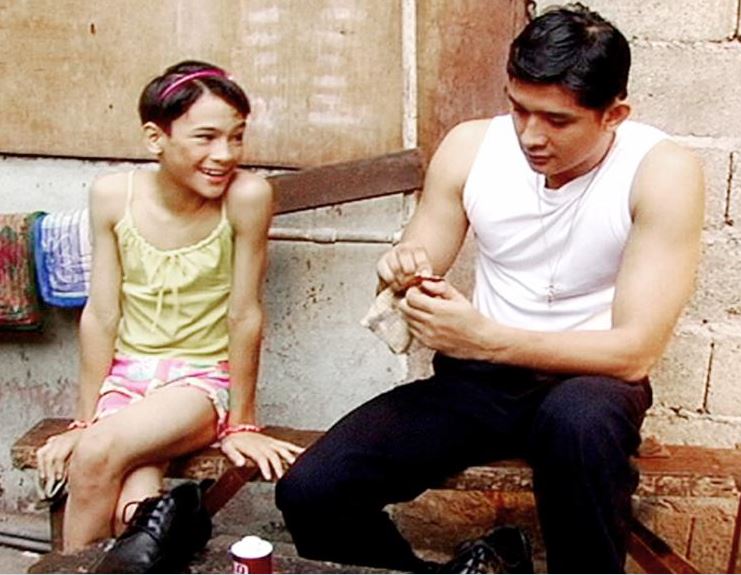
By Gil Quito
Years after the MoMA and Film Society of Lincoln Center chose “Pagdadalaga ni Maximo Oliveros”/The Flowering of Maximo Oliveros as its opening night presentation for the annual New Directors/New Films exhibition, Auraeus Solito’s “Pagdadalaga” will make a rare return appearance to a New York theater on Friday, December 9, at 7:30 p.m.
The screening at New York University’s King Juan Carlos Center is free and open to the public. Proof of vaccination required.
The film tells the story of a 12-year-old boy who falls in love with a cop investigating his family’s illegal livelihood. Among its many citations are Best First Feature at the Berlin International Film Festival and the Urian Dekada Award as one of the ten best Philippine films of the decade.
Notes on the Film
Made with a miniscule budget of $40,000 and shot in 13 days, Auraeus Solito’s debut feature “The Flowering of Maximo Oliveros,” with major participation by debuting producer Raymond Lee, is another remarkable example of the resourcefulness, grit, and imaginative élan of Philippine independent filmmakers. It caused a stir at its premiere at Cinemalaya, the Philippines’ major independent filmfest, where it won the Special Jury Prize and a Special Citation for debuting lead actor Nathan Lopez. It then went on to gain further awards and acclaim at the Berlin International Film Festival, Sundance, and Rotterdam among many festival appearances. In New York, the MoMA and Film Society of Lincoln Center chose Maximo to open the annual New Directors/New Films exhibition.
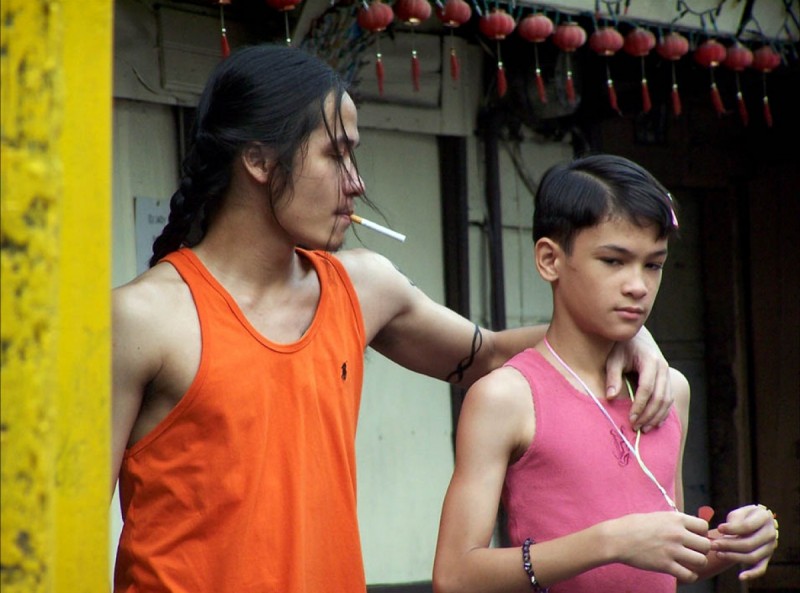
Maximo Oliveros is a 12-year-old boy who goes around cheerfully wearing girly clothes and participates in neighborhood pretend beauty contests. Warmly accepted and loved by his rough-mannered father Paco (the great character actor Soliman Cruz) and elder brothers (Neil Ryan Sese and Ping Medina), Maxi has taken the role of his departed mother in cooking for the family and cleaning and decorating the house. Denizens of the Manila slums where they live generally treat Maxi as a colorful and cheerful part of the scrappy ecosystem. Maxi’s father and brothers are engaged in petty crime for a living, all the while maintaining an understanding accommodation with the neighborhood police. Maxi’s world turns upside down when an idealistic neophyte cop (JR Valentin) saves him from an attack by a couple of thugs and becomes the object of the boy’s puppy love.
During its international festival run “Maximo” was seen as a groundbreaker in the way it dared to depict a queer child’s burgeoning sexuality. The film was often cited for its delicate yet unapologetic and refreshingly nonchalant depiction of gay sexuality. In a review, Slant magazine’s Keith Ulrich, praised the film for its “quietly revolutionary queer perspective,” and noted: “It is one of the great taboos, particularly in Western culture, to seriously consider the developing sexual feelings of children, a subject most easily infantilized, sensationalized, or brushed under the carpet, lest one become an unwitting Megan’s Law pariah. What’s often lost in this swirl of knee-jerk ‘adult’ protectiveness are the feelings of the child, which—raw though they may be—deserve to be included in the discussion rather than subsumed by argumentation.”
“Maximo,” for all the international buzz it generated, is only part of a vigorous tradition of depicting LGBTQ stories in Philippine cinema. A couple of streams can be traced in this tradition. The longer stream, reaching back to the early 1950s comedies of superstar Dolphy, feature gay and transgender characters in exaggerated, mocking, sometimes affectionate, parodies. Depictions have lately turned into celebratory and campy displays of gay wit and survival instincts. Notably, five of the top-ten grossing Philippine films of all time star Vice Ganda, a cross-dressing gay host and comedian, all of them produced within the last ten years.
Venue: NYU King Juan Carlos Center
53 Washington Square South



© The FilAm 2022

